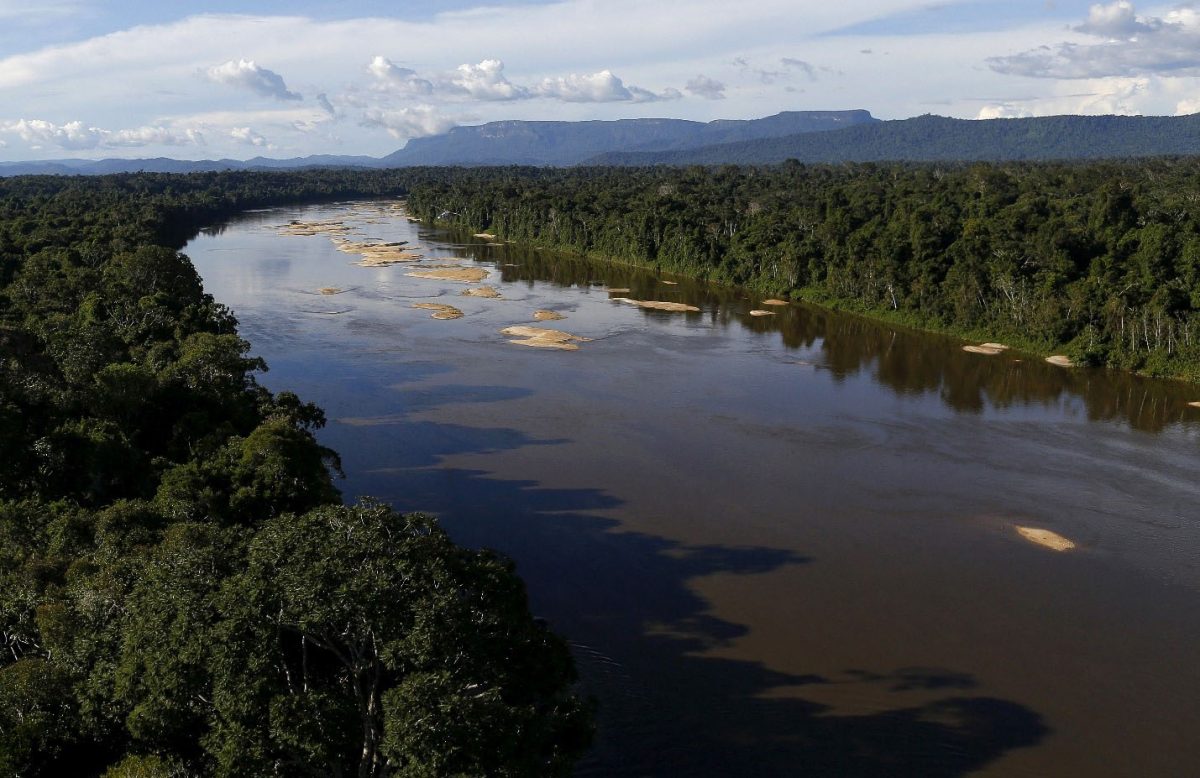BRASILIA, (Reuters) – An illegal gold mining boom on Brazil’s largest indigenous reservation has brought disease, violence and grave human rights violations on the Yanomami people, according to research and allegations included in a new report yesterday, blaming high gold prices and tacit government support.
The report by the Hutukara Yanomami Association found a 46% rise in wildcat mining last year on rivers in the reservation where some 29,000 Yanomami live in northern Brazil, threatening isolated communities with little or no other outside contact.
Under far-right President Jair Bolsonaro, who has argued for more mining on indigenous land, law enforcement has failed to curb the growing invasion of Yanomami land.
Thousands of indigenous people from 200 tribes plan to march in the capital Brasilia on Monday to protest a bill pushed by Bolsonaro to legalize mining on protected reservation lands.
Bolsonaro’s office and the national indigenous affairs agency FUNAI did not respond to requests for comment on the report’s findings.
The miners encroaching on Yanomami territory are now bolder, better equipped and often armed with automatic weapons, said the report, prepared with support from Instituto Socioambiental, an environmental and indigenous rights advocacy group. Using clandestine dirt road airstrips to bring supplies, mining camps often have broadband internet, bars, brothels and stores, the report said, attributing support for the camps from both local business elite and organized criminal gangs taking a larger role in gold smuggling.
The report documents how indigenous health outposts – that were abandoned by medical staff due to government funding cuts and a lack of security – have now been taken over by illegal miners who are using the airstrips to land their planes and helicopters and the empty buildings to store their supplies.
With access to social media via broad-band internet connections, the miners can warn others about environmental enforcement raids, which have lost the element of surprise, the study said.
Contact with miners brought COVID-19 to the remote region and helped to spread malaria, both of which has taken a toll on the Yanomami. The mercury used to separate gold from sand has poisoned rivers, leading to a rise in neurological defects among newborns, the report says.
Miners also brought in alcohol and drugs that are offered to Yanomami women in exchange for sex, according to accounts collected by the report, which includes rape allegations.
Yanomami youths last year tried to block the passage of supply boats on the Uraricoera river, leading to fatal clashes and retaliation by miners who fired on the village of Palimiu to threaten the community.
“The increasing presence of armed men has made the Yanomami scared to go out hunting or even to grow their crops,” anthropologist Rogerio do Pateo said in the report.
Satellite images show that isolated groups have moved their communal houses further into the mountain forests to get away from advancing mining camps.





